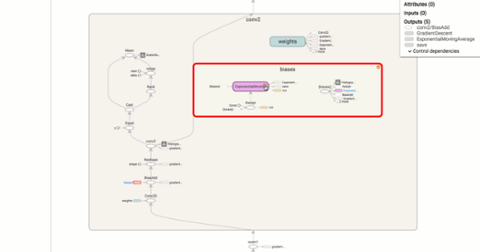Building Your Machine Learning Capabilities
In a new article in Fortune, Facebook executives detail how their research into machine learning and artificial intelligence allowed them to build a social network that serves photos, text posts, and video to more than a billion people around the world. Actually, let’s rephrase that sentence: it’s only because of machine learning and artificial intelligence that Facebook could effectively scale its operations to such gargantuan size. You simply can’t hire enough human beings to tag, sort, and monitor every aspect of such a huge system. But that’s not to say that machine learning is the silver bullet that will allow any technology company to ramp up to meet demand. “It seems like a very useful thing to build a platform to support [machine learning algorithms] but you discover that each application that uses machine learning needs a different application to use it,” Andrew Moore, the dean of computer science at Carnegie Mellon University, told the magazine. “So there is sometimes a disconnect between the creators of a machine learning platform and those trying to build a product.” Although Facebook overcame this issue by embedding its artificial-intelligence teams within its broader segment of developers, it still runs into issues: an A.I. platform, no matter how big or smart, will occasionally goof when trying to automatically tag photos or determine whether someone’s username is legitimate. Most tech firms don’t have Facebook’s enormous budget, making it hard to build out highly specialized machine-learning teams of their very own. As with cloud storage and data analytics, however, there are indications that machine learning will evolve into a widespread cloud service. For example, Amazon already offers a Machine Learning platform that allows developers to develop machine-learning models without needing to rely on a team of A.I. scientists. Google also has its own open-source software library for machine intelligence, known as TensorFlow. An evolution of Google’s first-generation machine-learning system (a.k.a. DistBelief), TensorFlow is positioned as a flexible, portable platform with a Python-based interface. So while your average tech firm might not have the resources to build an in-house A.I. team, you can certainly leverage machine learning via the cloud.



